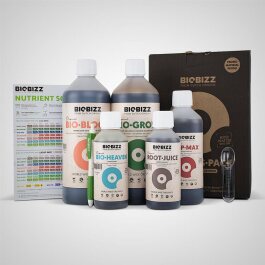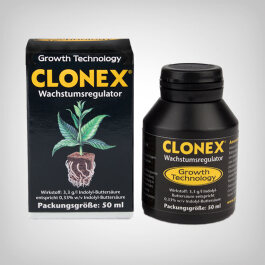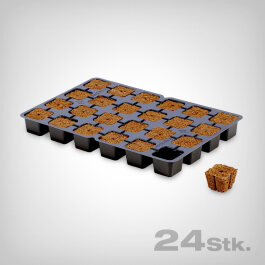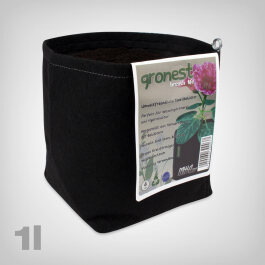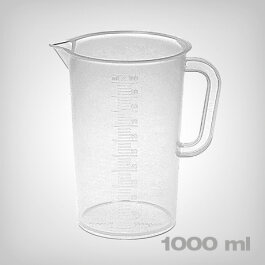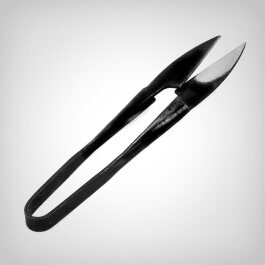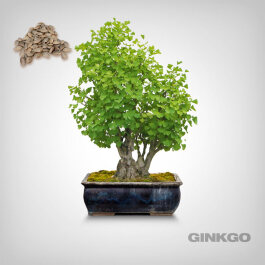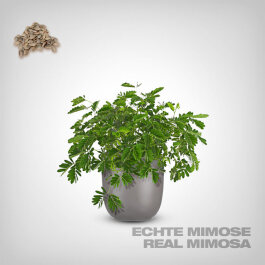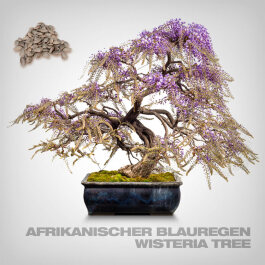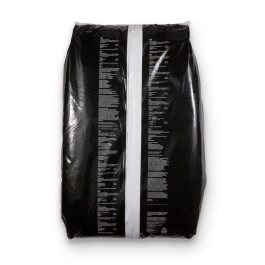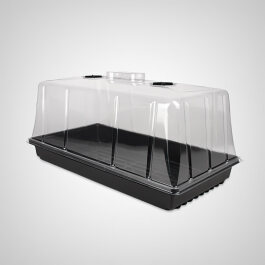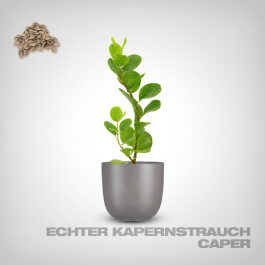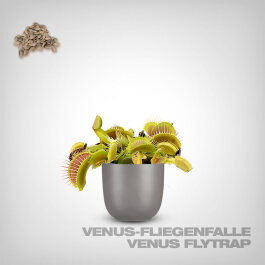Plant Seeds, Liquorice
- Flowering: August to October, harvest in autumn
- perennial
- not hardy
- grows up to 100 cm high
Germination and Cultivation:
The seeds of this plant need temperatures of about 20° to germinate. Until germination, the seeds should always be kept slightly moist, regardless of whether you pre-germinate them or germinate the seeds directly in or on potting soil. It is generally helpful to use a heated mini-greenhouse to increase the germination rate and to provide the seedlings with a favourable climate for their first growth phase. After about 2 to 4 weeks you should be able to spot the first seedlings.
Enormous Sweetening Power and Raw Material for Liquorice
Egyptians and Romans already valued liquorice as a medicinal and stimulant. Extracts from the sap of the roots are said to help with respiratory diseases and, above all, they can be used to make delicious liquorice. The glycyrrhizin contained has a sweetening power around fifty times greater than that of cane sugar, and through special processing glycyrrhizin can be used to make cough remedies and medicines with an anti-inflammatory effect. You can cultivate liquorice outdoors in tubs and overwinter it indoors. Ready-mixed herbal soil and a sunny location will ensure vigorous and healthy growth. In late summer, attractive flowers develop and grow in purple clusters upright on the branches. You can harvest your own liquorice for the first time after about 3 years. To do this, simply cut off individual roots in autumn and clean them of soil. You can then extract the juice or dry the roots. They can then be chewed, made into powder or used with the fibrous ends for dental care.
Scope of delivery:
- 30 seeds of Liquorice (Glycyrrhiza glabra)
Plant profile:
- Origin: Western Asia and the Mediterranean
- Flowering: August to October
- Height: up to 100 cm
- perennial, not hardy
- Food use: yes, the roots
Plant Seeds, Liquorice
Technical information
More on the subject of Indoor Growing:
Rehbaum 139
Münster, Deutschland, 48163
shopkontakt@tropica.de
http://www.tropica-online.de/
There are no reviews yet.
